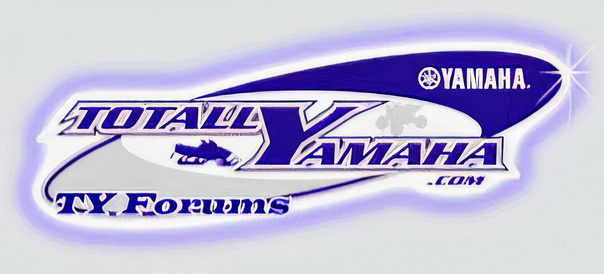any gain in power with the lighter flywheel on the 2000 and up .. what is the bad and good points about a heavier one ?
Last edited:
lighter will rev quicker, heavier is more torque
Not an easy switch
Note also that if you were thinking about simply switching a 98 or 99 sled to a 2000 and up one to have a hotter ignition it's not that easy. The case is different between the two motors and the pick up is located in a different spot. This can be fixed by welding a new pick up mount in the old case. MRVIPER700 did this for me when we converted my 98 SRX to a 2001.
Madmatt
Note also that if you were thinking about simply switching a 98 or 99 sled to a 2000 and up one to have a hotter ignition it's not that easy. The case is different between the two motors and the pick up is located in a different spot. This can be fixed by welding a new pick up mount in the old case. MRVIPER700 did this for me when we converted my 98 SRX to a 2001.
Madmatt
Mac
Member
Horsepower and torque?
Sorry guys - but you will not get more or less horsepower or torque with the lighter or heavier flywheel. On a dyno the numbers will remain the same. The motor will take longer to reach the target RPMs with the heavier flywheel. A lighter flywheel or crank can get to the target RPM quicker. The average trail guy couldn't tell the difference. If racing I would go for the lightest crank flywheel available.
Sorry guys - but you will not get more or less horsepower or torque with the lighter or heavier flywheel. On a dyno the numbers will remain the same. The motor will take longer to reach the target RPMs with the heavier flywheel. A lighter flywheel or crank can get to the target RPM quicker. The average trail guy couldn't tell the difference. If racing I would go for the lightest crank flywheel available.
anyone know the difference weight of a 98 and 2000
yamaholic22
Active member
Mac said:Sorry guys - but you will not get more or less horsepower or torque with the lighter or heavier flywheel. On a dyno the numbers will remain the same. The motor will take longer to reach the target RPMs with the heavier flywheel. A lighter flywheel or crank can get to the target RPM quicker. The average trail guy couldn't tell the difference. If racing I would go for the lightest crank flywheel available.
Actually betheviper is right you will get more torque with a heavier flywheel because the engine has more inertia, which means more energy can be stored in that rotating flywheel to help carry the engine through the compression stroke. It takes work input to compress air and fuel, which is when energy is transferred back from the flywheel to the crank and into the piston to compress the gases. Then on the power/blowdown stroke, some of the energy from the gas expasion is stored in the flywheel for the next compression stroke. The downside, as he said, is that a heavier flywheel takes longer to get rotating, thus the engine won't rev as quickly. Now I believe Mac was referring to the fact that engine will infact NOT produce more GROSS torque, because that is a function of combustion chamber factors, but it WILL infact increase the NET torque because the since the flywheel stores more energy if it is heavier, less work needs to be robbed from the rest of the crank/clutches/driveline to compress the air/fuel mixture.
yamaholic22
Active member
modsrx said:anyone know the difference weight of a 98 and 2000
Two pounds difference
YAMMIEGOD3:16
Active member
I,LL CHECK FOR YOU GUYS IN TECH MANUAL. 3:16 (yammie tony)


